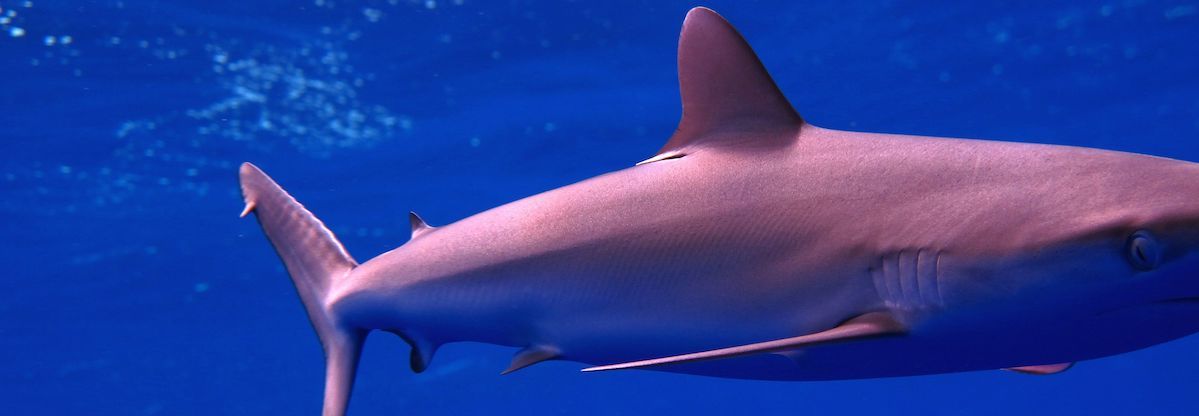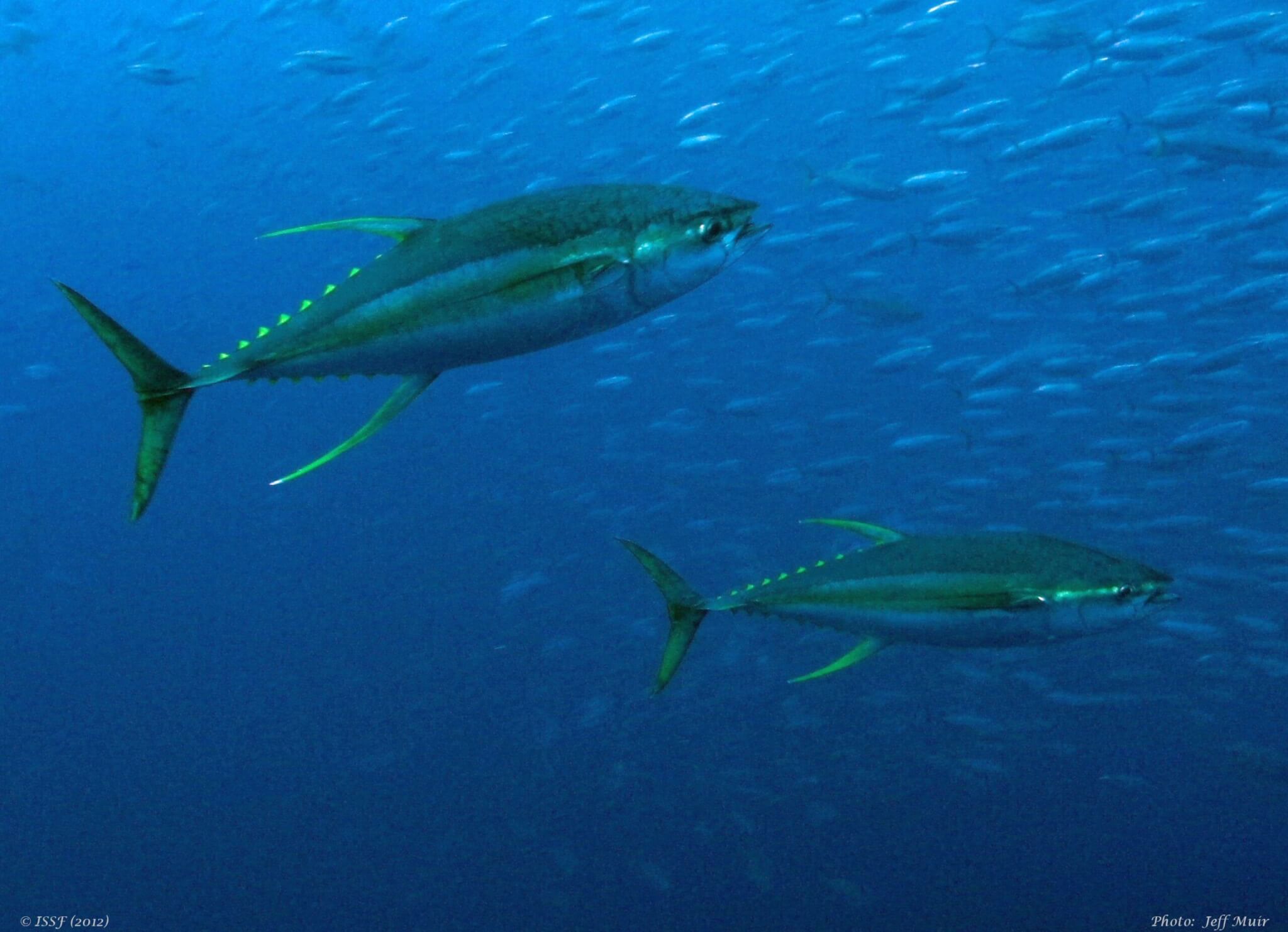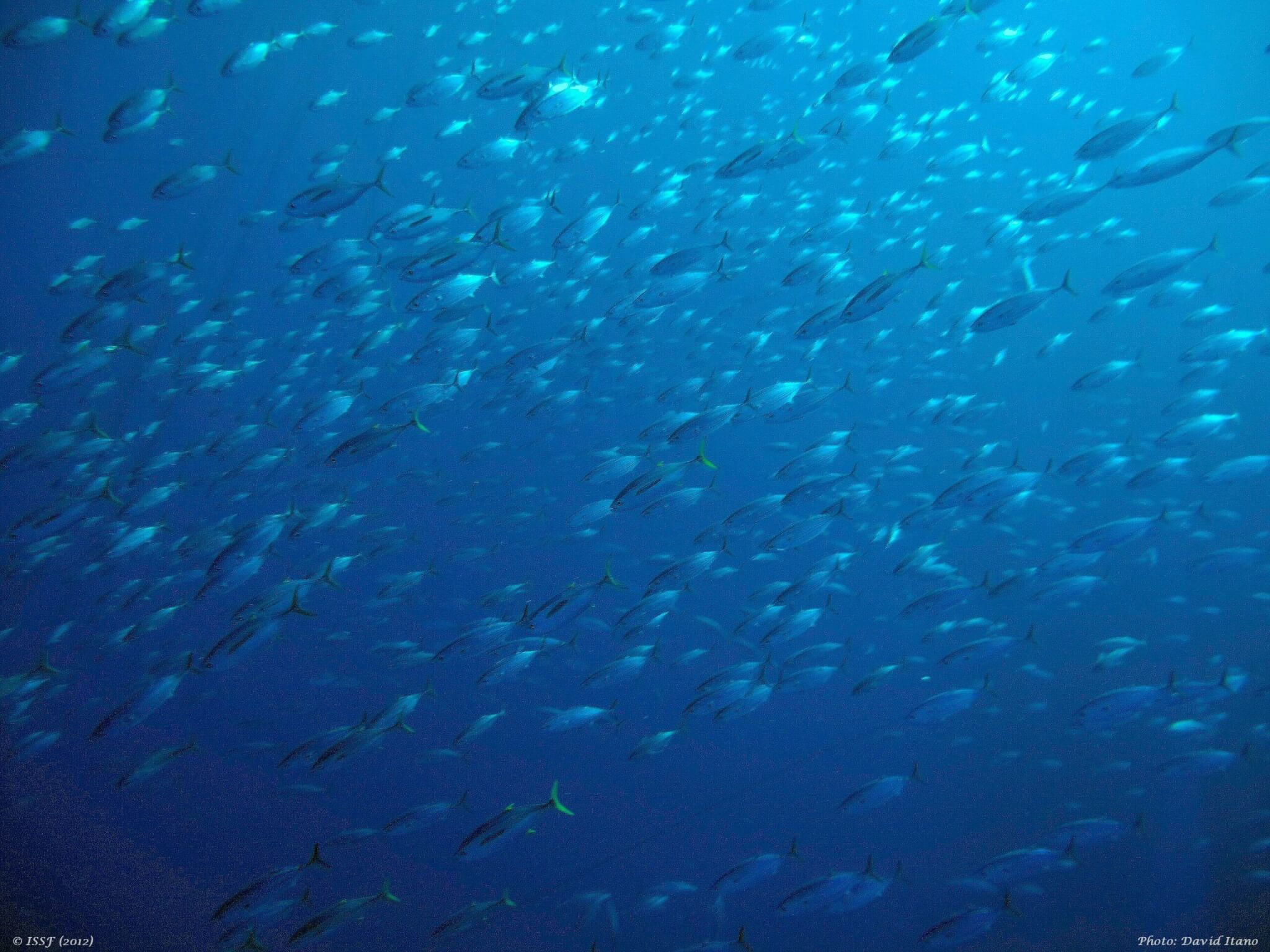
Home » About ISSF » Who We Are
Scientific Advisory Committee
Led by ISSF’s head scientist Dr. Victor Restrepo, the ISSF Scientific Advisory Committee (SAC) comprises leading marine and fisheries scientists.
In addition to offering guidance on ISSF research priorities and supporting the many technical reports ISSF publishes — notably the annual Status of the Stocks report and analysis of tuna fisheries against Marine Stewardship Council (MSC) Performance Indicators — the Scientific Advisory Committee provides reference material for the Board of Directors to consider prior to taking action on sustainability efforts.
Scientific Advisory Committee
Dr. Victor Restrepo
Vice President, Science & Chair, Scientific Advisory Committee
Dr. Keith Sainsbury
Vice Chair, ISSF Scientific Advisory Committee & Marine and Fisheries Research
Dr. Alexandre Aires-da-Silva
Member, ISSF Scientific Advisory Committee & Coordinator of Scientific Research, Inter-American Tropical Tuna Commission (IATTC)
Alejandro Anganuzzi
Member, ISSF Scientific Advisory Committee & Global Coordinator, Common Oceans ABNJ Tuna Project
Dr. Laurent Dagorn
Member, ISSF Scientific Advisory Committee & Senior Scientist, Institut de Recherche pour le Développement
Dr. John Hampton
Member, ISSF Scientific Advisory Committee & Chief Scientist, Fisheries Aquaculture and Marine Ecosystems (FAME) Division, The Pacific Community (SPC)
Dr. Ana Parma
Member, ISSF Scientific Advisory Committee & Principal Investigator, National Council for Scientific and Technological Research (CONICET)
Dr. Gerald Scott
Member, ISSF Scientific Advisory Committee & Independent Fisheries Scientist
Dr. Dale Squires
Member, ISSF Scientific Advisory Committee & Senior Scientist and Economist, U.S. National Marine Fisheries Service
SAC Member Roles & Responsibilities
Learn about the Terms of Reference that apply to the members of our Scientific Advisory Committee.
Video Interviews
Visit ISSF’s YouTube channel to watch our “Getting My Feet Wet” video series, featuring SAC members —and other scientists working with the ISSF team —about their careers in fisheries and marine science.


